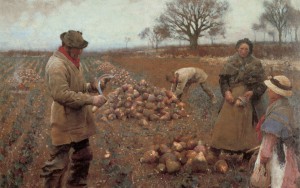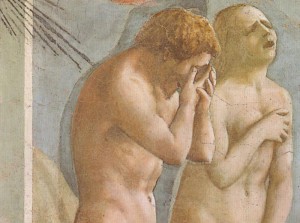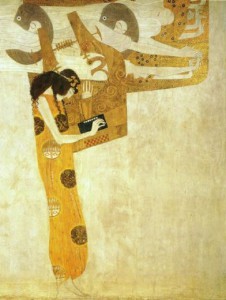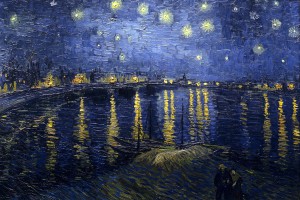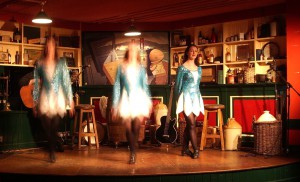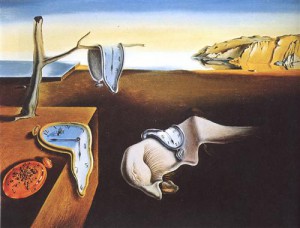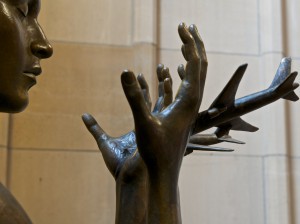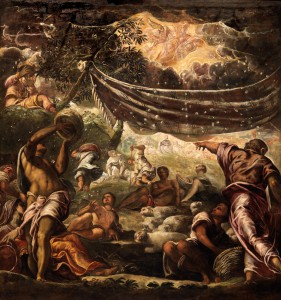St. Joseph is the patron saint of workers. We all know work can be tedious, boring and exhausting. But work can also be exciting, fulfilling and satisfying. When we love what we do, we are told, we will never really have to work. But there will always be garbage to take out, pots to scrub, and laundry to do. How can that be considered anything but a seeming waste of time?
Have you ever noticed that on days when worries burden your mind, the greatest antidote sometimes is found through mindless work? Whether splitting wood or mopping a floor, the repetitive motions have a Zen quality that stills the restless mind. Continue reading “Honoring Work On St. Joseph’s Day”
